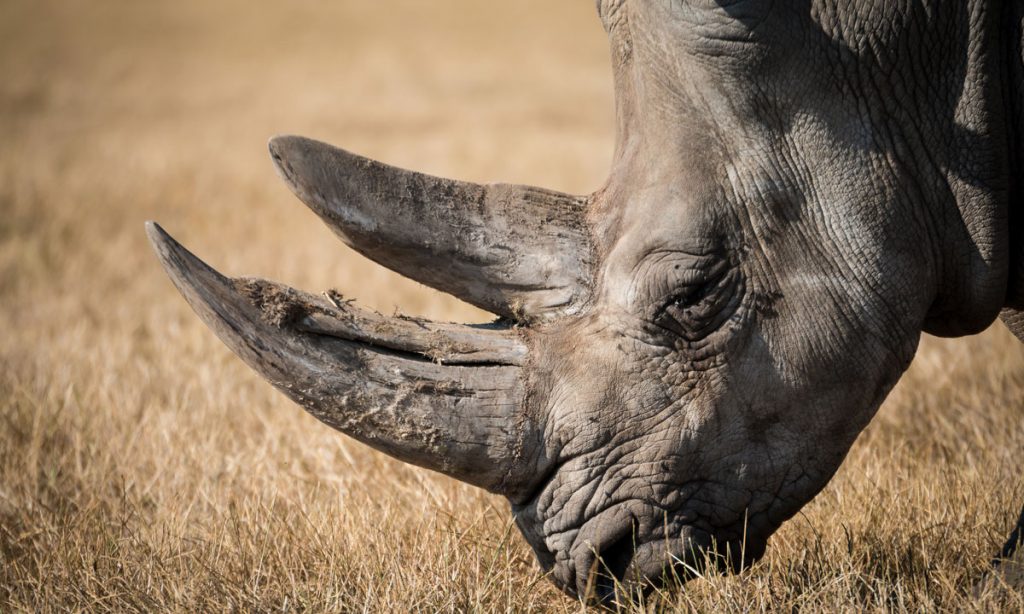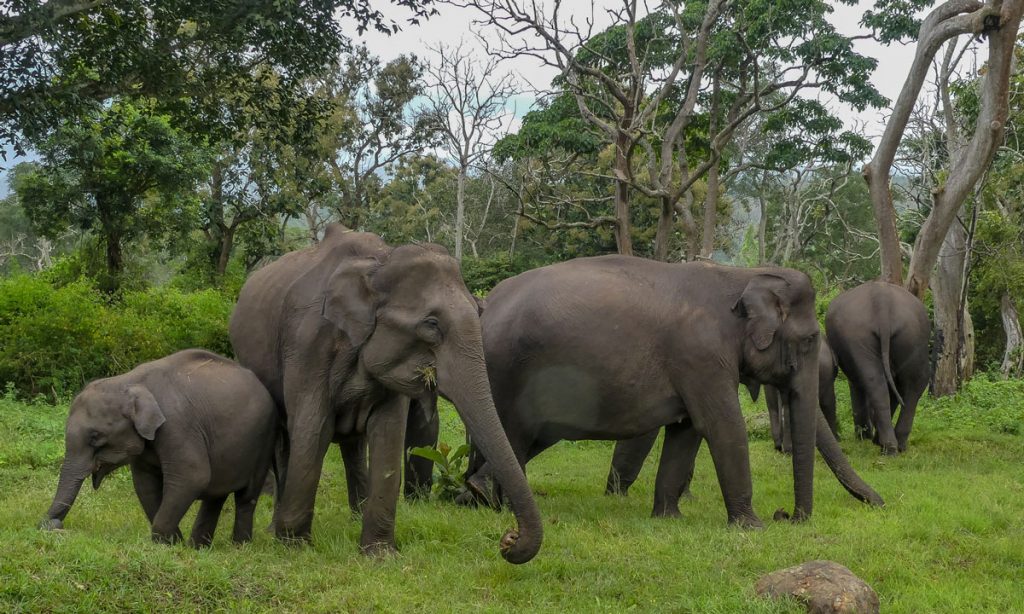
Human activity is killing wildlife on an unprecedented scale — and mammals will need millions of years to recover, according to a recent report.
Researchers at Aarhus University in Denmark have concluded that if we don’t improve current conservation efforts, so many large mammal species will go extinct in the next 50 years that it will take 3 to 5 million years for nature to recover.
Earth has endured five other mass extinctions so far, but humans are decimating species so quickly that the current sixth extinction could be one of the worst yet because evolution can’t happen fast enough to keep up. It will also be the first in 450 million years, and the only one not caused by a natural disaster.

“Although we once lived in a world of giants: giant beavers, giant armadillos, giant deer, etc., we now live in a world that is becoming increasingly impoverished of large wild mammalian species. The few remaining giants, such as rhinos and elephants, are in danger of being wiped out very rapidly,” said Professor Jens-Christian Svenning of Aarhus University in a statement.
The research team at Aarhus University used advanced calculations and simulations to determine exactly how long it might take for today’s level of biodiversity to return if pollution, poaching, and habitat destruction were to return to pre-human levels within 50 years. The study concluded that in the best-case scenario, mammalian diversity could potentially be restored to current levels in 3 to 5 million years. It would take even longer—5 to 7 million years—for it to return to how it was before humans came along.
The team hopes that this shocking realization will inspire people to conserve species while they’re still here.




